Measuring What Matters
The Montessori Assessment Playbook
The Montessori Assessment Playbook is a strategy manual and collection of tools for implementing an assessment model grounded in Montessori and supporting human flourishing.
The Playbook contains 33 wide-scope assessment tools, including:
- Essential Elements Rubric
- Teacher, Assistant, and Executive Appraisal Instruments
- Observing Work Engagement Forms (Primary, Elementary, and Adolescent)
- Whole School and Teacher Reflective Practice Inventories
- Transition Skills Checklists for Primary to Lower Elementary, Lower to Upper Elementary, and Upper Elementary to Adolescent
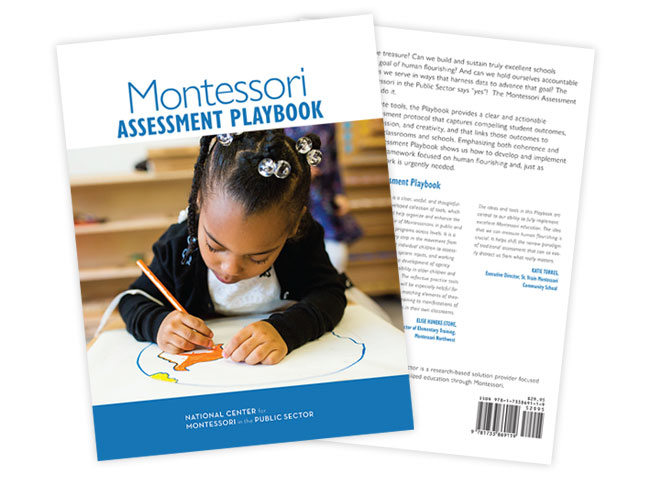
Visual Thinking Strategies in Montessori Environments
What’s going on in this picture?
Visual Thinking Strategies (VTS) is a powerful, Montessori-aligned practice for fostering critical thinking and deep discussions with children and adults of all ages.
Developed in the 1990s at the New York Museum of Modern Art and backed by research, VTS grew into much more than an art appreciation technique. Now used in schools, colleges and universities, science museums, the New York Times, and in many other projects, VTS begins within the simple question, “What’s going on in this picture?” and leads participants in a student-centered, open-ended discussion that emphasizes reflection, evidence, and clear communication skills.
Visual Thinking Strategies in Montessori Environments is a detailed, step-by-step guide to the technique created with Montessori in mind. Readers will learn to work guide children from three to eighteen through the facilitated discussions of images and objects—discussions that will enrich children’s thinking and writing across all areas of the curriculum.


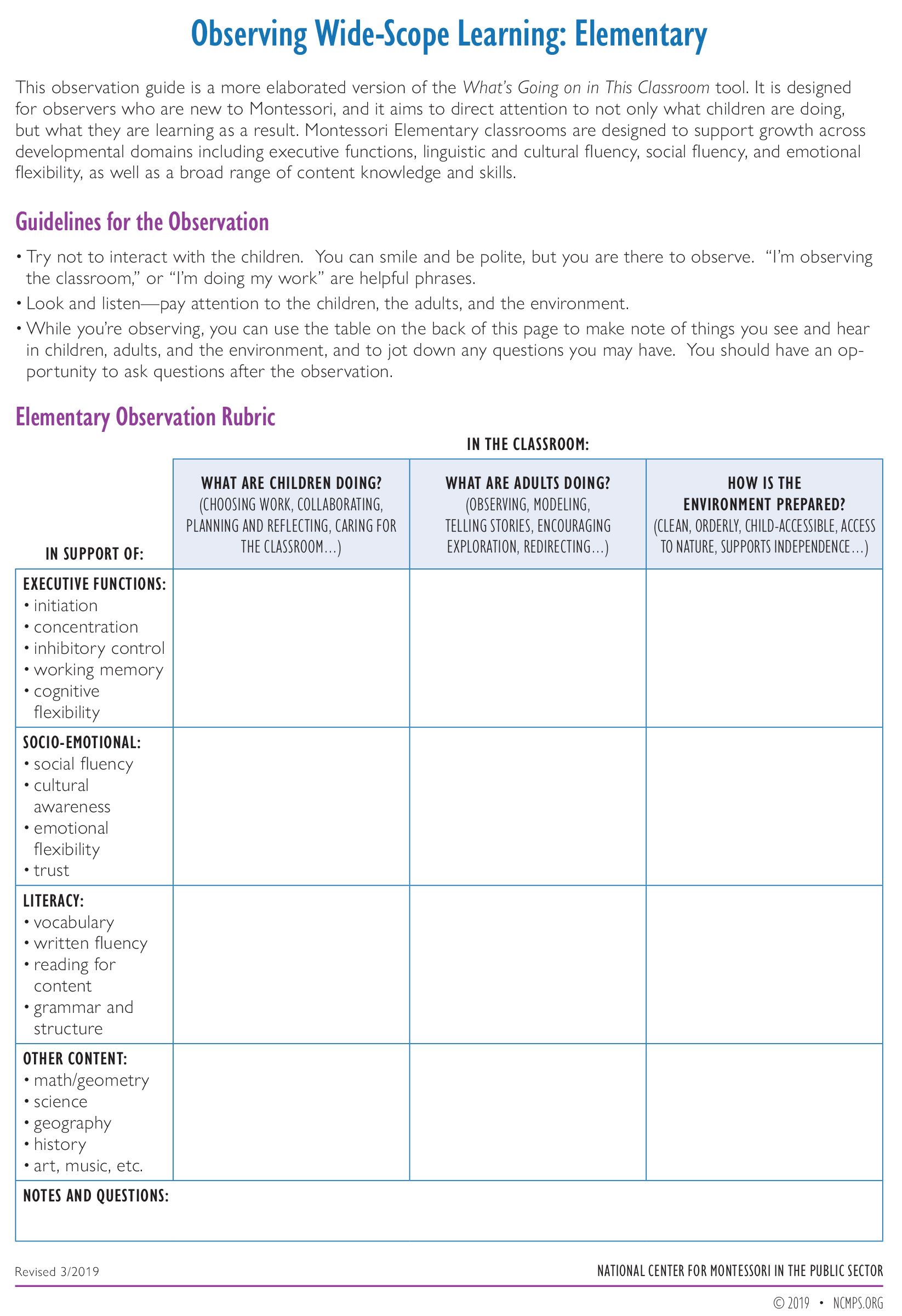

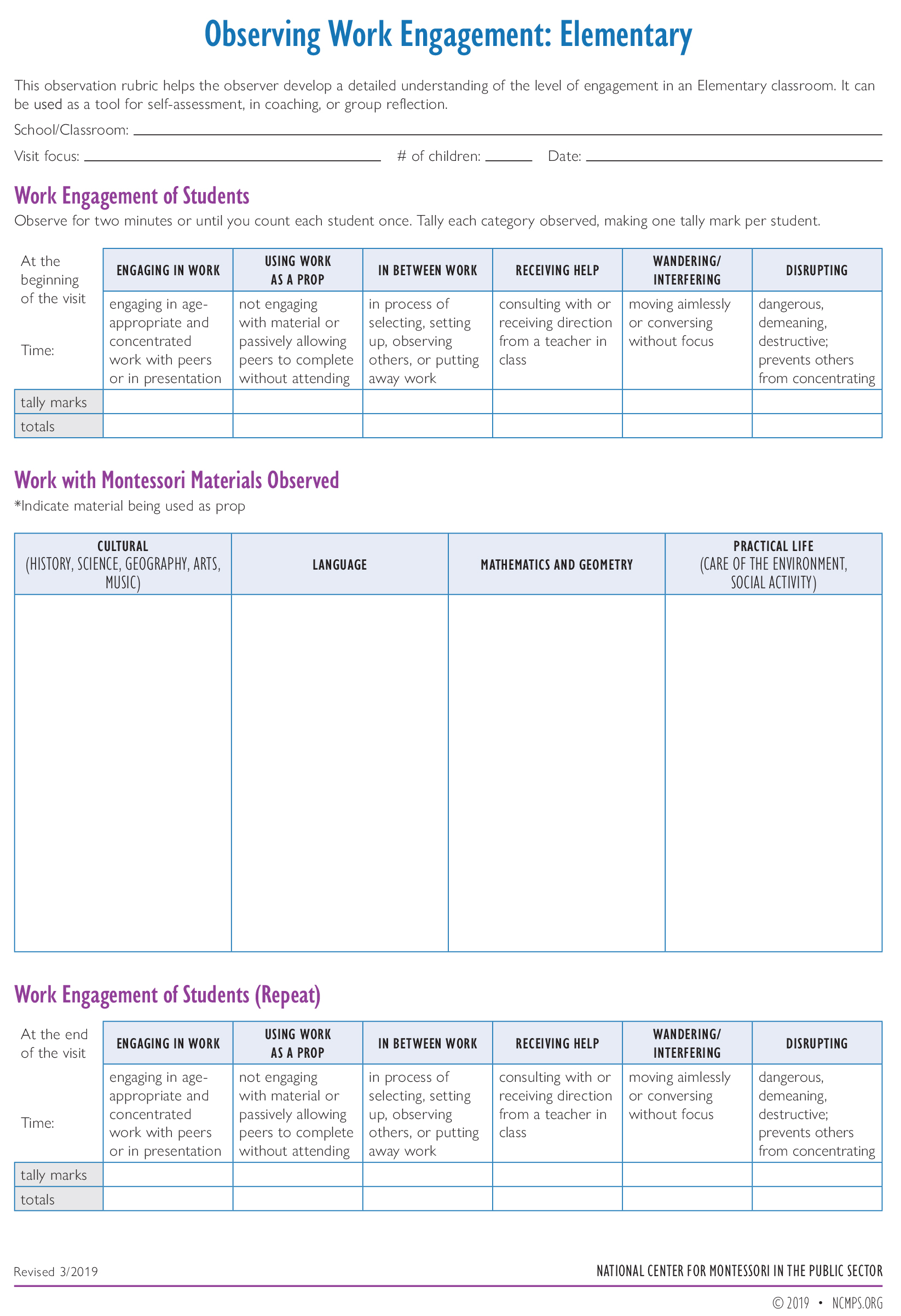

















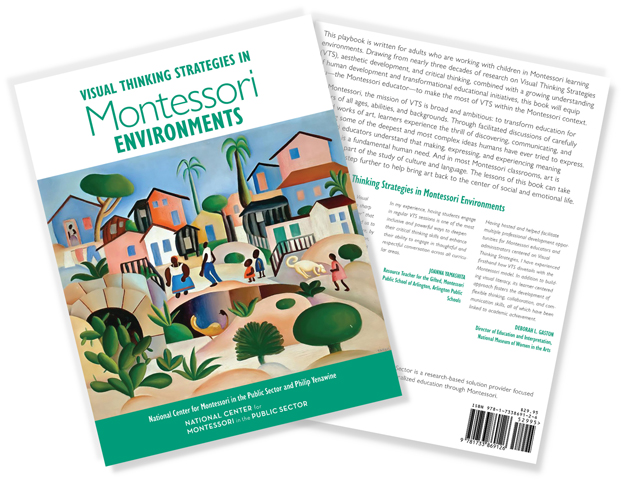







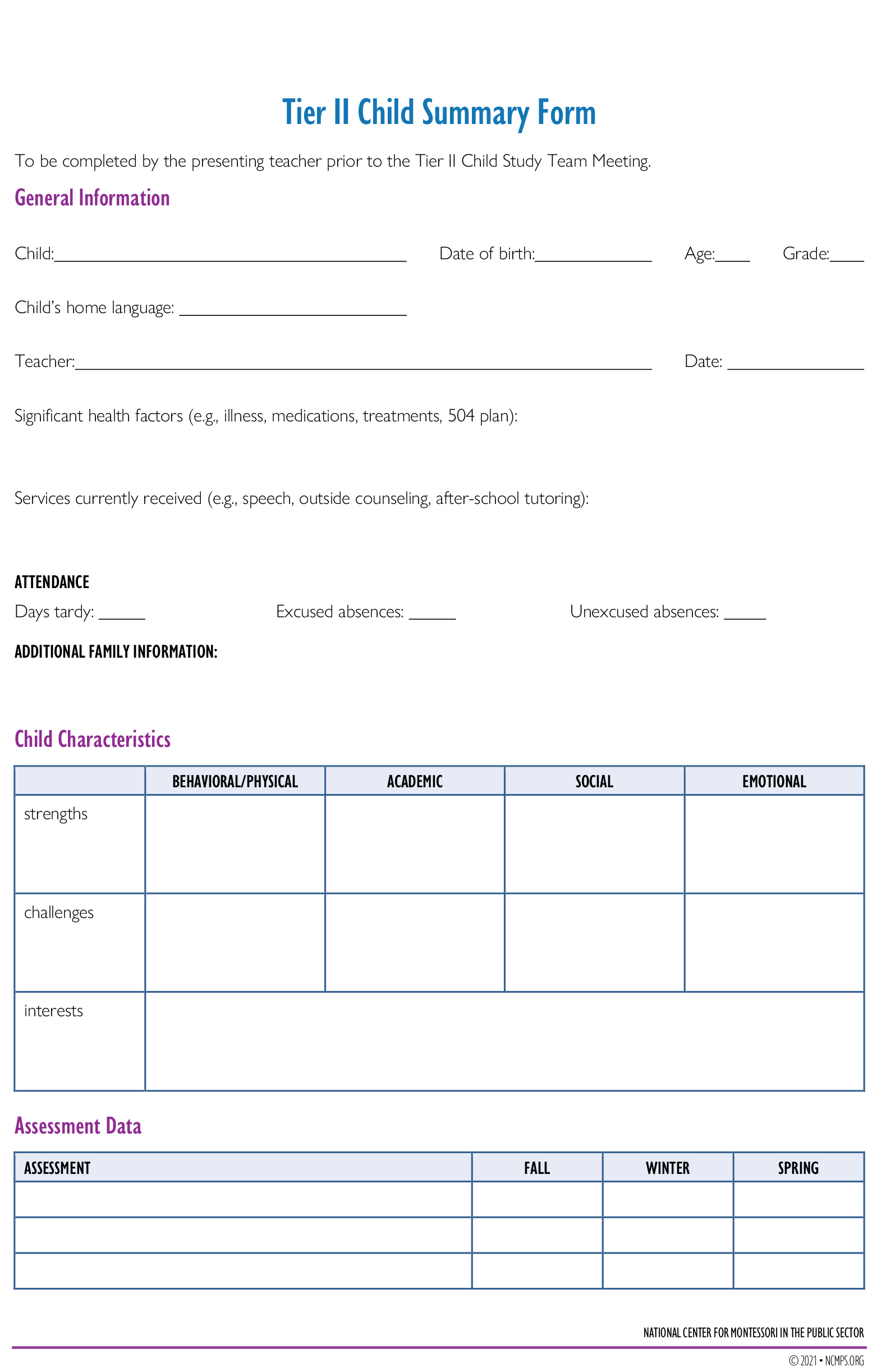





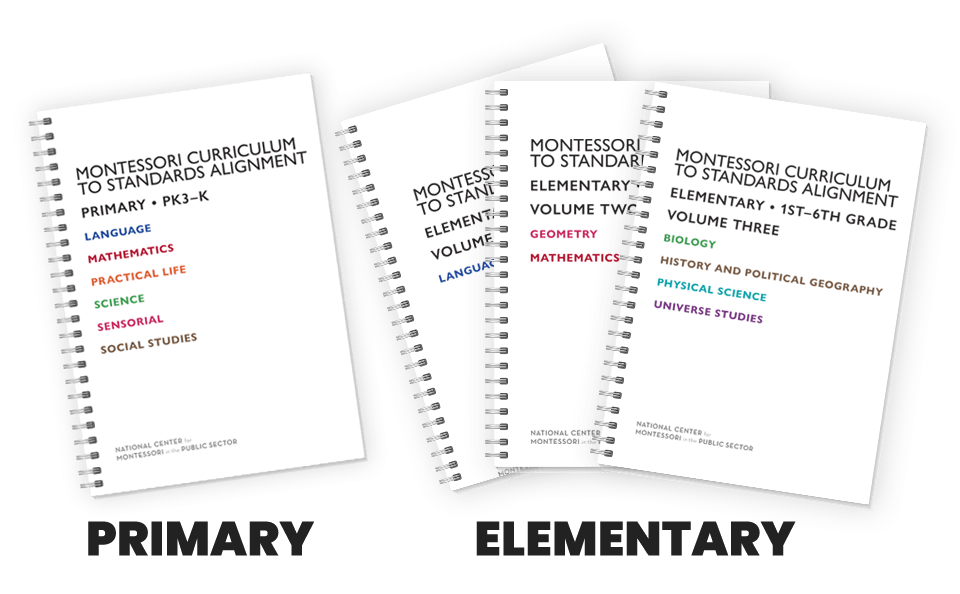
 Cheyenne is a Seminole and Chilean woman, advocate for Indigenous people and a former Miss Indian World. She has utilized her platform as an ambassador to advocate for environmental protections of the Florida Everglades, overturn adverse stereotypes and stigmatizations of mental health in tribal communities, encourage healing through identity and self love, and combat the negative, stereotypical narrative of Native and Indigenous people through education.
Cheyenne also provides motivational speaking presentations, empowerment workshops, pageantry coaching, cultural and historical consulting, hosts and emcees, and presents on topics such as culture as prevention, identity, human trafficking, domestic violence, and much more. She strives for authenticity and to live a healthy life physically, mentally and spiritually through her culture and teachings.
Cheyenne is a Seminole and Chilean woman, advocate for Indigenous people and a former Miss Indian World. She has utilized her platform as an ambassador to advocate for environmental protections of the Florida Everglades, overturn adverse stereotypes and stigmatizations of mental health in tribal communities, encourage healing through identity and self love, and combat the negative, stereotypical narrative of Native and Indigenous people through education.
Cheyenne also provides motivational speaking presentations, empowerment workshops, pageantry coaching, cultural and historical consulting, hosts and emcees, and presents on topics such as culture as prevention, identity, human trafficking, domestic violence, and much more. She strives for authenticity and to live a healthy life physically, mentally and spiritually through her culture and teachings. 
